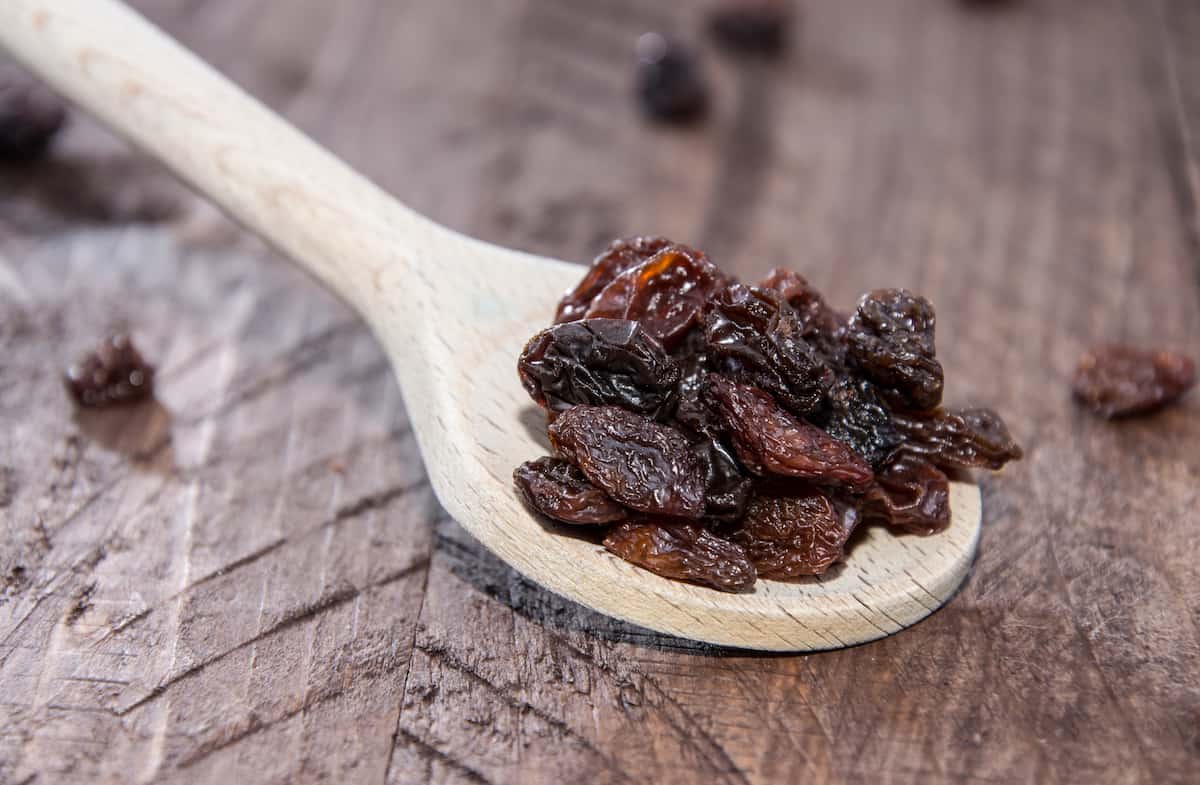

Articles
How To Store Raisins After Opening
Modified: December 7, 2023
Learn the best ways to store raisins after opening with this informative article. Keep your raisins fresh and delicious for longer periods of time.
(Many of the links in this article redirect to a specific reviewed product. Your purchase of these products through affiliate links helps to generate commission for Storables.com, at no extra cost. Learn more)
Introduction
When it comes to enjoying the sweet and nutritious goodness of raisins, proper storage is essential to maintain their freshness and flavor. After opening a package of raisins, it’s crucial to store them correctly to prevent them from drying out, becoming stale, or losing their natural sweetness. In this article, we will explore the best practices for storing raisins after opening, ensuring that you can enjoy these delicious dried fruits for as long as possible.
Raisins, which are essentially dried grapes, are a versatile and nutritious snack that can be enjoyed on their own or used to enhance a variety of dishes. They are packed with essential nutrients like fiber, antioxidants, and natural sugars, making them a healthy addition to your diet. However, improper storage can cause them to lose their freshness and become unappetizing.
By following a few simple guidelines, you can ensure that your raisins remain fresh, flavorful, and retain their nutritional value for an extended period. Let’s delve into the best practices for storing raisins after opening.
Key Takeaways:
- Properly storing opened raisins in airtight containers, away from light and heat, ensures their freshness and nutritional value, allowing you to enjoy their sweet and chewy goodness for an extended period.
- Regularly checking for moisture or mold and considering refrigeration in hot climates can further prolong the shelf life of raisins, ensuring their delightful taste and health benefits are preserved.
Read more: How To Store Raisins
Best Practices for Storing Raisins After Opening
To maximize the shelf life and quality of your raisins after opening the package, follow these best practices:
- Choose the Right Storage Container: Transfer your opened raisins to an airtight container or resealable bag. Ensure that the container is made of food-grade material and has a tight-fitting lid to prevent moisture and air from entering. This will help maintain the freshness and prevent the raisins from absorbing any strong odors from other foods.
- Keep Raisins in a Cool and Dry Place: Raisins are sensitive to both heat and moisture, which can accelerate their deterioration. Store them in a cool and dry pantry or cupboard away from direct sunlight, as exposure to sunlight can cause the raisins to lose their color and nutritional value.
- Use Airtight Packaging or Sealed Containers: Opt for packaging that offers airtight seals, such as vacuum-sealed bags or jars with rubber gaskets. These types of containers create a barrier against air and moisture, keeping your raisins fresh for longer periods.
- Avoid Exposure to Light and Heat: Excessive exposure to light and heat can lead to a loss of flavor and texture in raisins. Keep them away from sources of heat, such as stoves or ovens, and ensure they are stored in a dark area to maintain their quality.
- Check for Moisture or Mold Regularly: Periodically inspect your raisins for any signs of moisture, mold, or spoilage. If you notice any discoloration, unusual smells, or clumping together, it may indicate that the raisins have gone bad. In such cases, it’s best to discard them to avoid any potential health risks.
- Consider Refrigeration for Extended Shelf Life: While raisins can be stored at room temperature, refrigeration can help prolong their shelf life. If you live in a hot and humid climate, or if you want to keep your raisins fresh for an extended period, consider storing them in the refrigerator. Just ensure that they are in an airtight container to prevent them from absorbing any unwanted flavors from other foods stored in the refrigerator.
By following these best practices, you can ensure that your opened raisins remain fresh, plump, and delicious for an extended period. Proper storage will help preserve their flavor, texture, and nutritional value, allowing you to enjoy the sweet and healthy benefits of raisins in various ways.
Choose the Right Storage Container
After opening a package of raisins, it’s crucial to transfer them to the right storage container. Choosing the proper container will help maintain their freshness and prevent them from drying out or becoming stale.
When selecting a storage container for your raisins, opt for one that is airtight and made of food-grade material. Airtight containers prevent air and moisture from entering, preserving the raisins’ texture and flavor. Plastic or glass containers with tight-fitting lids are excellent choices for storing raisins.
It’s important to note that the container should be clean and completely dry before transferring the raisins. Any moisture or residue in the container can promote the growth of mold and spoil the raisins. Therefore, ensure that the container is thoroughly washed and dried before use.
Consider using resealable bags or jars with rubber gaskets for storing raisins. These containers offer airtight seals, ensuring maximum freshness and preventing the raisins from absorbing any strong odors from other foods in your pantry or cupboard. Additionally, clear containers allow you to easily see the contents, making it convenient to monitor the condition and quantity of your raisins.
Avoid using containers that are not meant for food storage, such as open ziplock bags or loosely covered bowls. These inadequate containers will not provide the necessary protection against air and moisture, resulting in compromised quality and flavor of the raisins.
By choosing the right storage container for your raisins, you can ensure that they remain fresh, flavorful, and free from moisture or external odors. This simple step will significantly extend the shelf life of your opened raisins, allowing you to enjoy their sweet taste in various recipes or as a standalone snack.
Keep Raisins in a Cool and Dry Place
When it comes to storing raisins after opening, maintaining the right environment is crucial to preserve their freshness and quality. Raisins are sensitive to both heat and moisture, which can cause them to deteriorate quickly. Therefore, it’s important to keep them in a cool and dry place.
Choose a pantry or cupboard away from direct sunlight to store your raisins. Exposure to sunlight can cause the raisins to lose their natural color and nutritional value over time. Additionally, heat from stoves, ovens, or other heat sources can speed up the drying process and make the raisins less desirable.
Temperature fluctuations can also have a negative impact on the quality of raisins. Therefore, it’s essential to store them in a place with a consistent temperature. Fluctuating temperatures can lead to moisture condensation inside the packaging, which can create an environment for mold growth and spoilage.
If possible, it’s advisable to store raisins in a place with low humidity. High humidity can contribute to the moisture content in the raisins, making them more susceptible to moisture absorption and spoilage. If you live in a humid climate, consider using a dehumidifier in your storage area to maintain an ideal moisture level.
It’s important to note that raisins should be kept away from potential sources of moisture, such as sinks, dishwashers, and refrigerators. These areas often have higher humidity levels, which can transfer moisture to the raisins and compromise their quality.
By storing your raisins in a cool and dry place, you can ensure that they retain their texture, flavor, and nutritional value for a longer period. This will allow you to enjoy the delightful taste and health benefits of raisins whenever you desire.
Use Airtight Packaging or Sealed Containers
After opening a package of raisins, it’s crucial to transfer them to airtight packaging or sealed containers to maintain their freshness and prevent them from drying out. Proper packaging is essential in creating a barrier against air and moisture, preserving the flavor, texture, and nutritional value of the raisins.
Resealable bags, plastic containers with tight-fitting lids, or jars with rubber gaskets are excellent options for storing raisins. These types of containers provide an airtight seal, preventing air from entering and preserving the raisins’ quality. Make sure to choose containers specifically designed for food storage to ensure they are made of safe, food-grade materials.
When transferring the raisins to the packaging, ensure that all excess air is removed before sealing. Any exposure to air can lead to the oxidation of the raisins, causing them to lose their flavor and become stale. Squeeze out as much air as possible before sealing the container to create a vacuum-like environment.
If using resealable bags, press out any excess air and seal them tightly. Consider using a straw to suck out the remaining air and then quickly seal the bag. This technique can help remove additional air and maintain the raisins’ freshness for a longer period.
Clear containers are ideal for storing raisins, as they allow you to easily see the content and monitor the condition of the raisins without the need for frequent opening. This helps minimize exposure to air each time you check on the raisins, ensuring their long-term freshness.
By using airtight packaging or sealed containers, you can effectively protect your raisins from air and moisture, preventing them from becoming dry or stale. This storage method will help prolong the shelf life of your raisins, allowing you to enjoy their sweet and chewy goodness whenever you desire.
Store opened raisins in an airtight container or resealable bag in a cool, dry place, away from direct sunlight. You can also refrigerate them to extend their shelf life.
Read more: How To Store Biscuits After Opening
Avoid Exposure to Light and Heat
When storing raisins after opening, it’s crucial to protect them from exposure to light and heat. Both light and heat can have detrimental effects on the quality, flavor, and nutritional value of the raisins. Therefore, it’s important to store them in a dark and cool environment.
Light, especially sunlight, can cause the raisins to lose their natural color and flavor. UV rays from the sun can accelerate the oxidation process, leading to a decrease in freshness and nutritional content. To prevent this, store your raisins in a dark cupboard or pantry away from direct sunlight.
In addition to light, heat can also negatively impact the quality of raisins. High temperatures can cause the raisins to become dry and brittle, leading to a loss of their natural sweetness and chewiness. Avoid storing raisins near appliances that emit heat, such as stoves, ovens, or radiators.
It’s important to note that raisins should not be stored in the refrigerator door or near the freezer section. The temperature in these areas can fluctuate every time the door is opened, which can affect the raisins’ quality and texture. Instead, store them in a cool and consistent temperature area of your pantry or cupboard.
If you live in a particularly hot or humid climate, consider using a temperature-controlled storage area, such as a cellar or basement, to store your raisins. These areas tend to have a more stable and cool temperature, providing an ideal environment for long-term storage.
By keeping your raisins away from light and heat sources, you can maintain their freshness, texture, and flavor. This will ensure that your raisins remain delectable and enjoyable, whether eaten on their own or as an ingredient in various recipes.
Check for Moisture or Mold Regularly
Regularly checking for moisture or mold is an essential practice when storing raisins after opening. Raisins are prone to absorbing moisture, which can lead to mold growth and spoilage. Monitoring their condition at regular intervals will help ensure their freshness and safety for consumption.
Inspect your raisins visually, looking for any signs of moisture, clumping, or discoloration. These can indicate that the raisins have come into contact with moisture, making them vulnerable to mold growth. Moisture can seep into the packaging through improper sealing or excessive humidity in the storage area.
If you notice any signs of moisture, immediately transfer the raisins to a new, dry container. Discard any raisins that have mold growth as consuming moldy raisins can pose health risks.
In addition to moisture, it’s also important to be aware of the presence of mold. Mold can develop on raisins due to improper storage conditions or contamination. Inspect the raisins for any visible signs of mold, such as fuzzy patches or a musty smell.
If you find mold on a few raisins, it’s best to discard the entire batch. Mold can spread quickly and contaminate other raisins, making it unsafe to consume. It’s better to be cautious and discard any raisins that show signs of mold to prevent any potential health issues.
Regularly checking for moisture or mold will help ensure that your raisins remain fresh, safe, and enjoyable. By being vigilant and promptly addressing any issues, you can maintain the quality and taste of your raisins, allowing you to savor their deliciousness without any concerns.
Consider Refrigeration for Extended Shelf Life
While raisins can be stored at room temperature, refrigeration can be an effective method for extending their shelf life, especially in hot and humid climates. Refrigeration helps slow down the natural degradation process, keeping the raisins fresh and delicious for a longer period.
Before refrigerating your raisins, make sure to transfer them to an airtight container or resealable bag. This will prevent them from absorbing any unwanted flavors or odors from other foods in the refrigerator.
It’s important to note that refrigeration may change the texture of the raisins slightly. They may become slightly harder and denser, but the flavor and nutritional value will remain intact.
Additionally, try to keep your raisins towards the back of the refrigerator rather than in the door. The door is frequently opened, causing temperature fluctuations that can affect the quality of the raisins. By keeping them in a more stable and cooler part of the refrigerator, you can help maintain their freshness.
When you’re ready to use refrigerated raisins, allow them to sit at room temperature for a few minutes before consuming. This will help bring back their natural texture and make them more enjoyable to eat.
It’s worth mentioning that refrigeration is not necessary for short-term storage of raisins. However, if you anticipate having them for an extended period, or if you live in a hot and humid climate, refrigeration can help ensure their maximum freshness and quality.
By considering refrigeration for storing your raisins, you can prolong their shelf life and continue to enjoy their sweet and chewy goodness over an extended period. This method is particularly beneficial in maintaining their freshness in high-temperature environments, ensuring that you can savor the delightful taste of raisins whenever you desire.
Conclusion
Proper storage is essential to maintain the freshness, flavor, and nutritional value of raisins after opening. By following the best practices outlined in this article, you can ensure that your raisins remain delicious and enjoyable for an extended period.
Choosing the right storage container, such as airtight bags or sealed containers, helps create a barrier against air and moisture, preserving the quality of the raisins. Keeping the raisins in a cool and dry place away from light and heat prevents them from drying out or losing their natural sweetness.
Regularly checking for moisture or mold and promptly addressing any issues ensures that your raisins remain safe for consumption. If you notice any signs of spoilage, it’s crucial to discard the affected raisins to prevent any potential health risks.
Refrigeration is an option to consider, especially in hot and humid climates, as it can extend the shelf life of the raisins. However, it’s important to store them in an airtight container to prevent them from absorbing any odors from other foods in the refrigerator.
In conclusion, by implementing these best practices, you can store your opened raisins properly, prolonging their freshness and ensuring you can enjoy their delightful taste and health benefits for as long as possible.
So next time you open a package of raisins, remember to transfer them to a suitable container, store them in a cool and dry place, check for any signs of moisture or mold, and consider refrigeration if needed. These simple steps will help maximize the shelf life of your raisins and maintain their quality, so you can enjoy them in recipes, as a snack, or in your favorite dishes whenever you desire.
Frequently Asked Questions about How To Store Raisins After Opening
Was this page helpful?
At Storables.com, we guarantee accurate and reliable information. Our content, validated by Expert Board Contributors, is crafted following stringent Editorial Policies. We're committed to providing you with well-researched, expert-backed insights for all your informational needs.


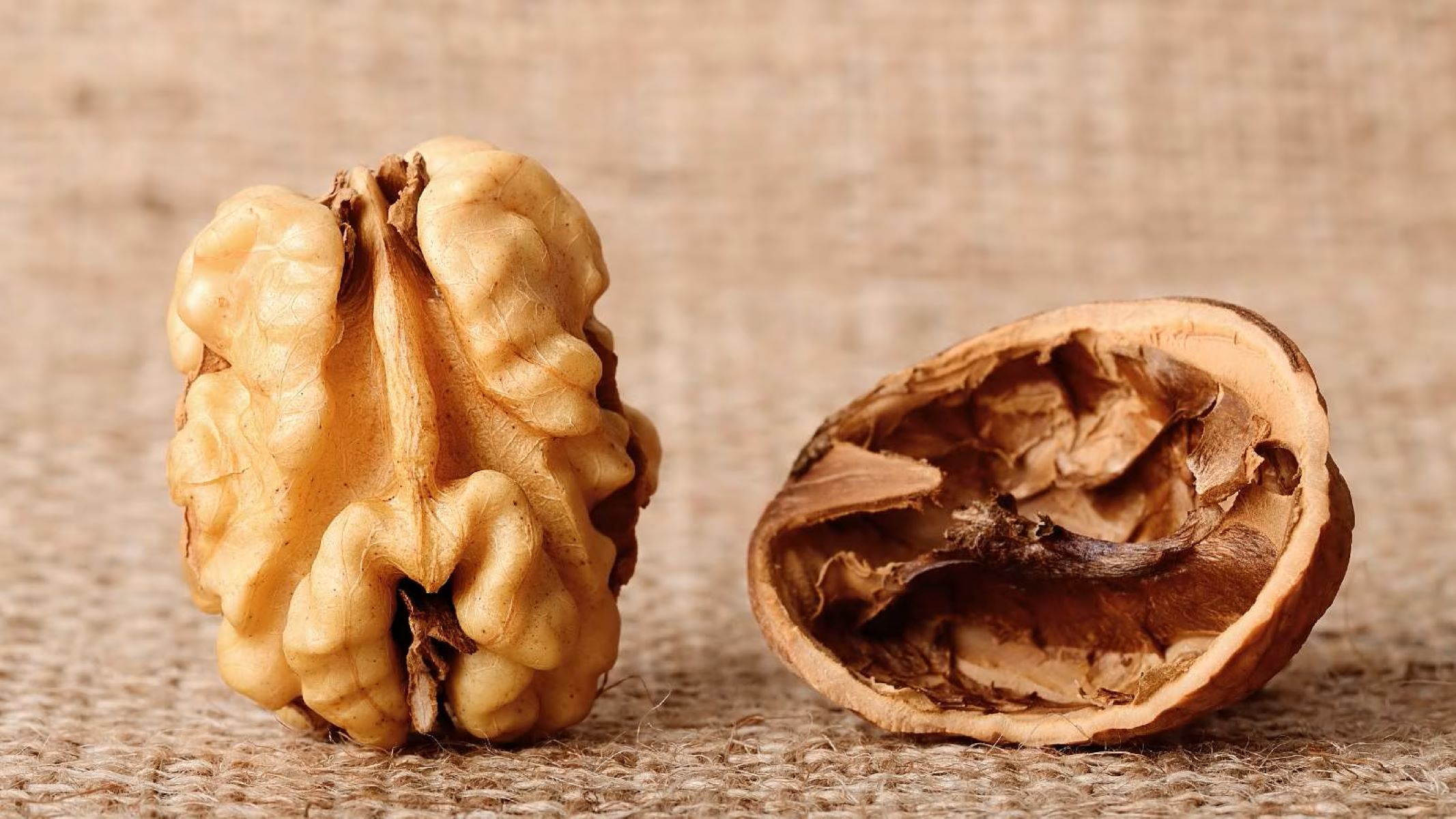
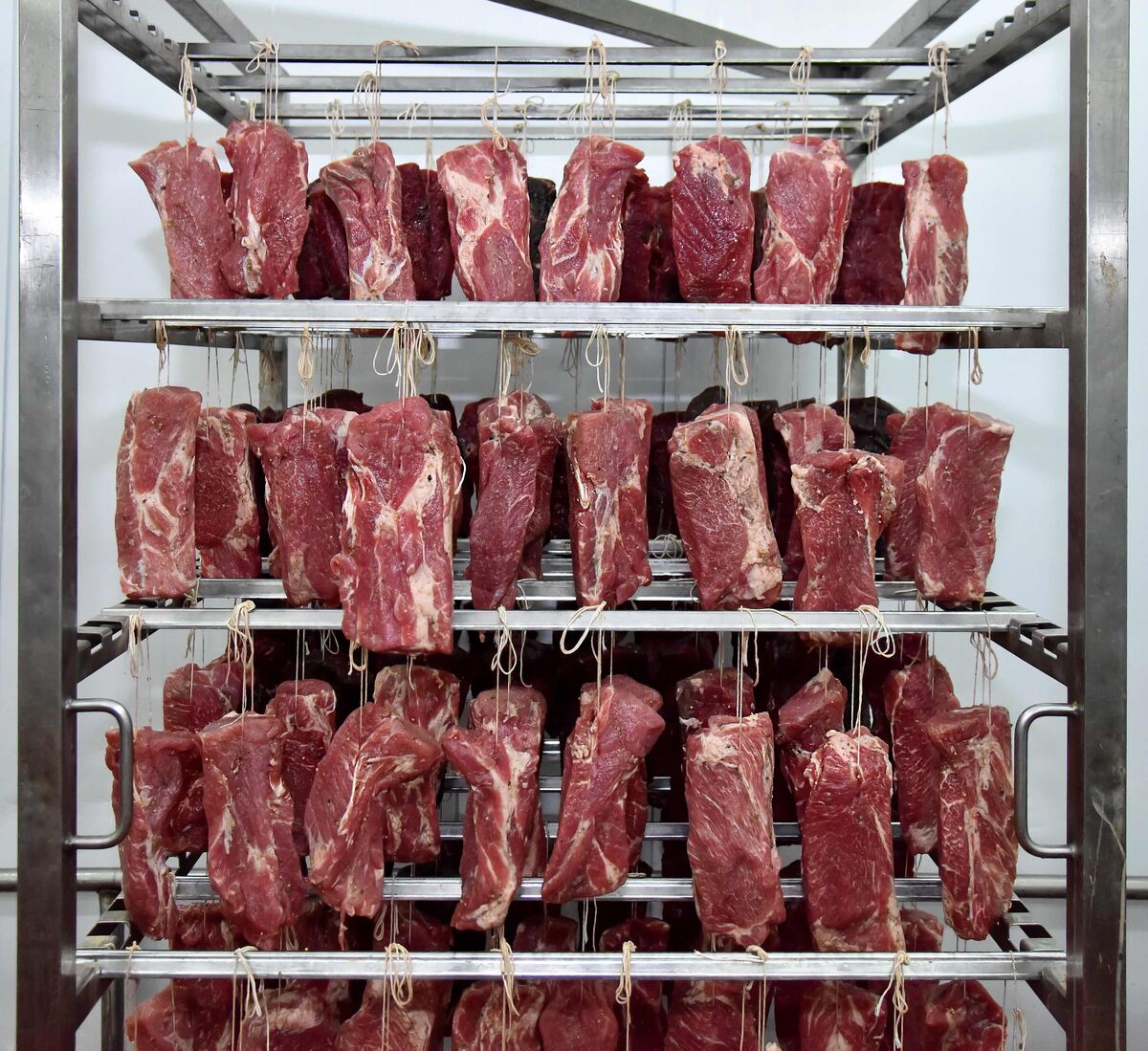

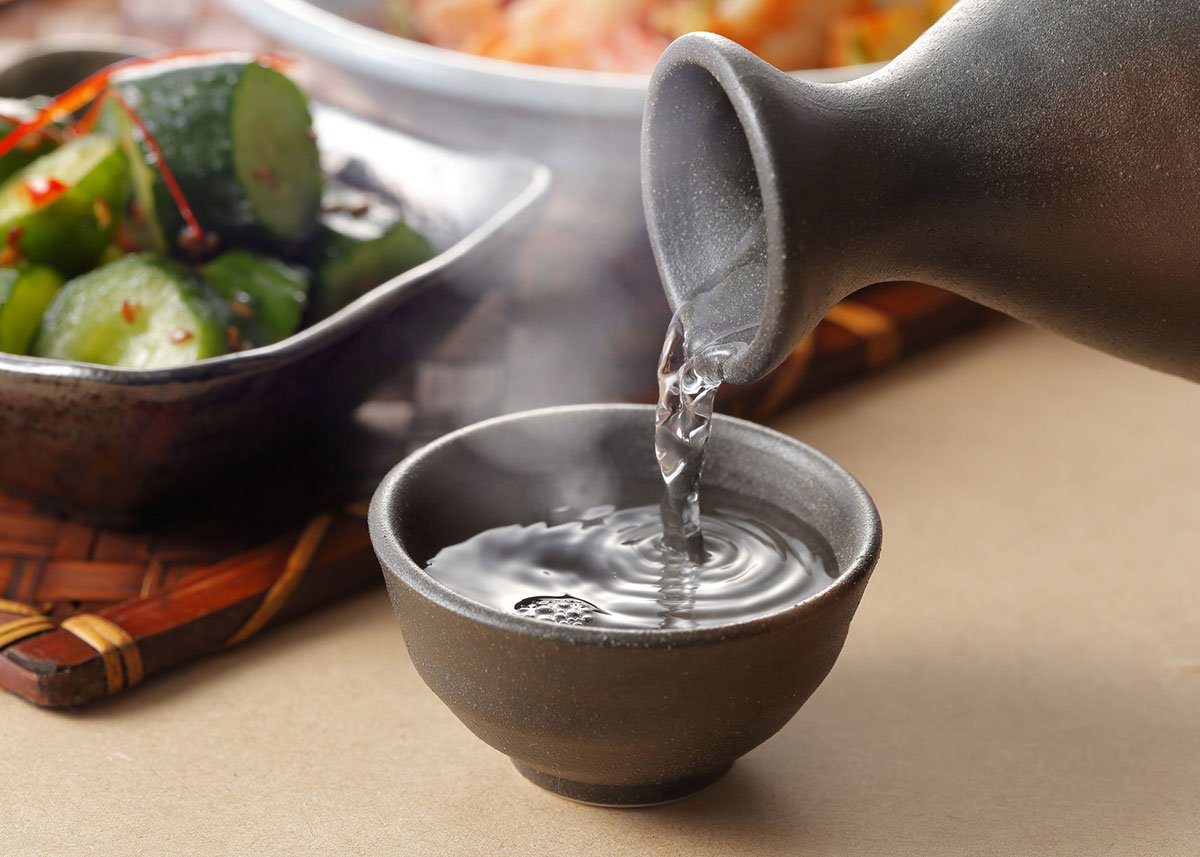




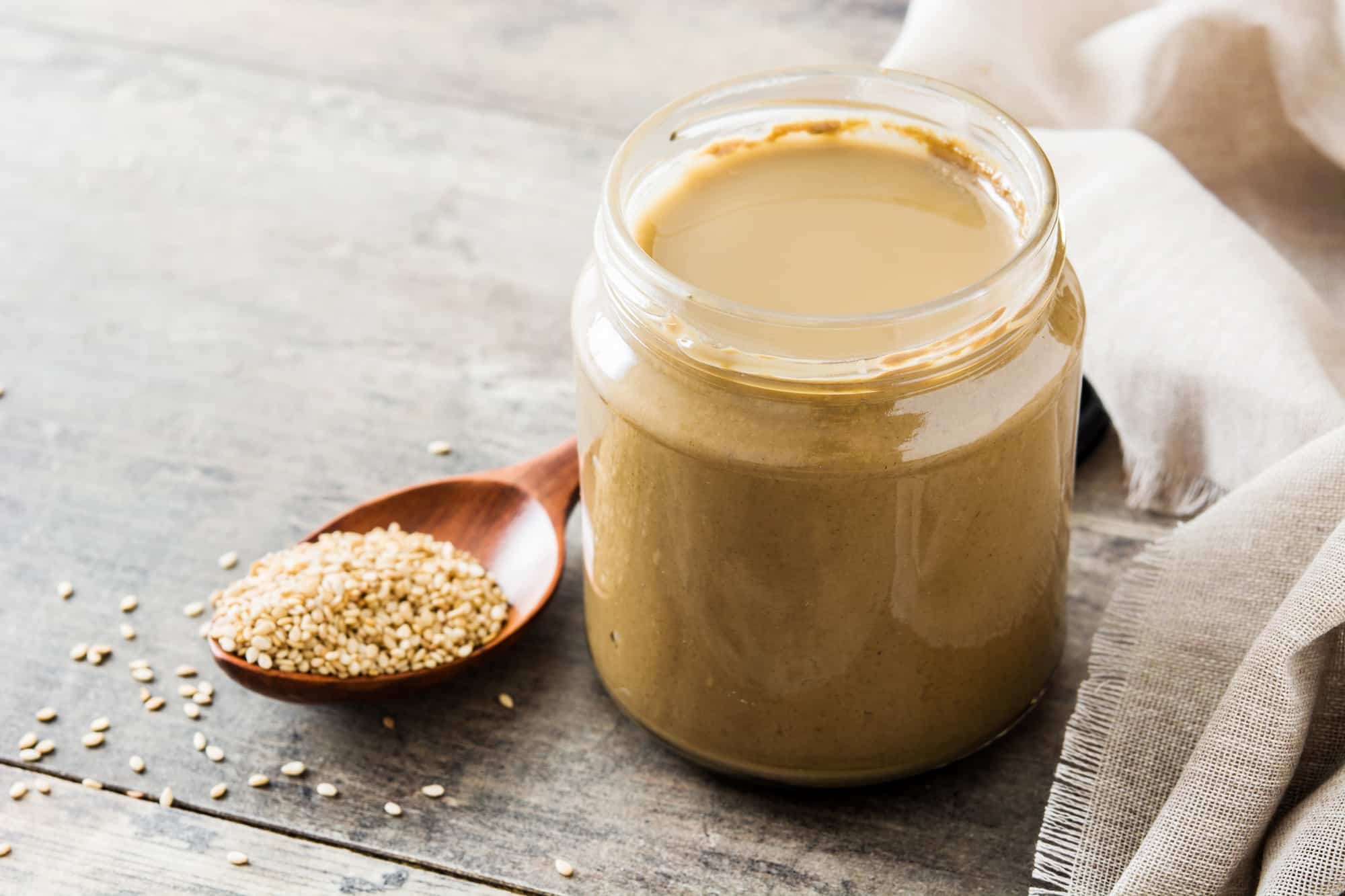
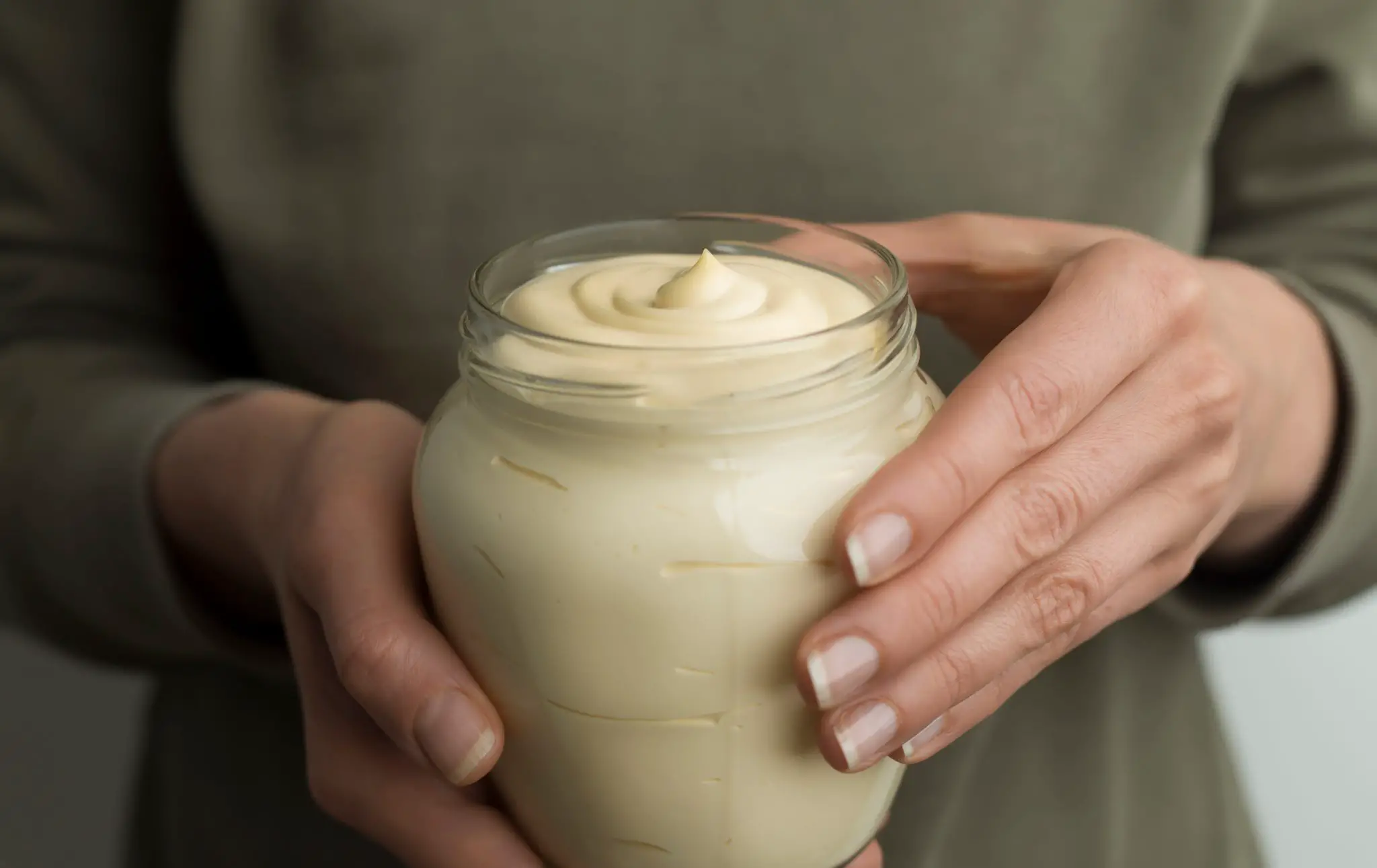

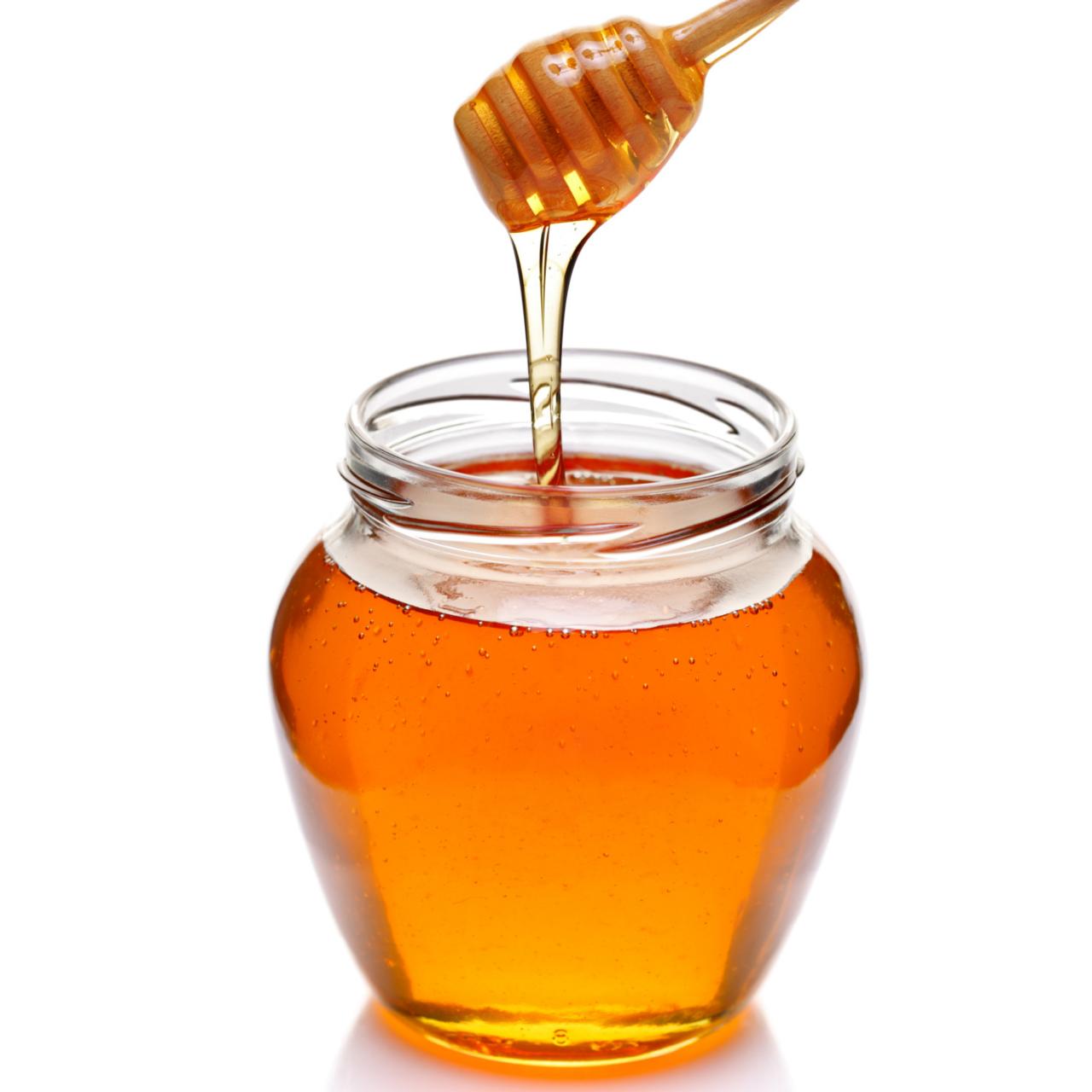

0 thoughts on “How To Store Raisins After Opening”